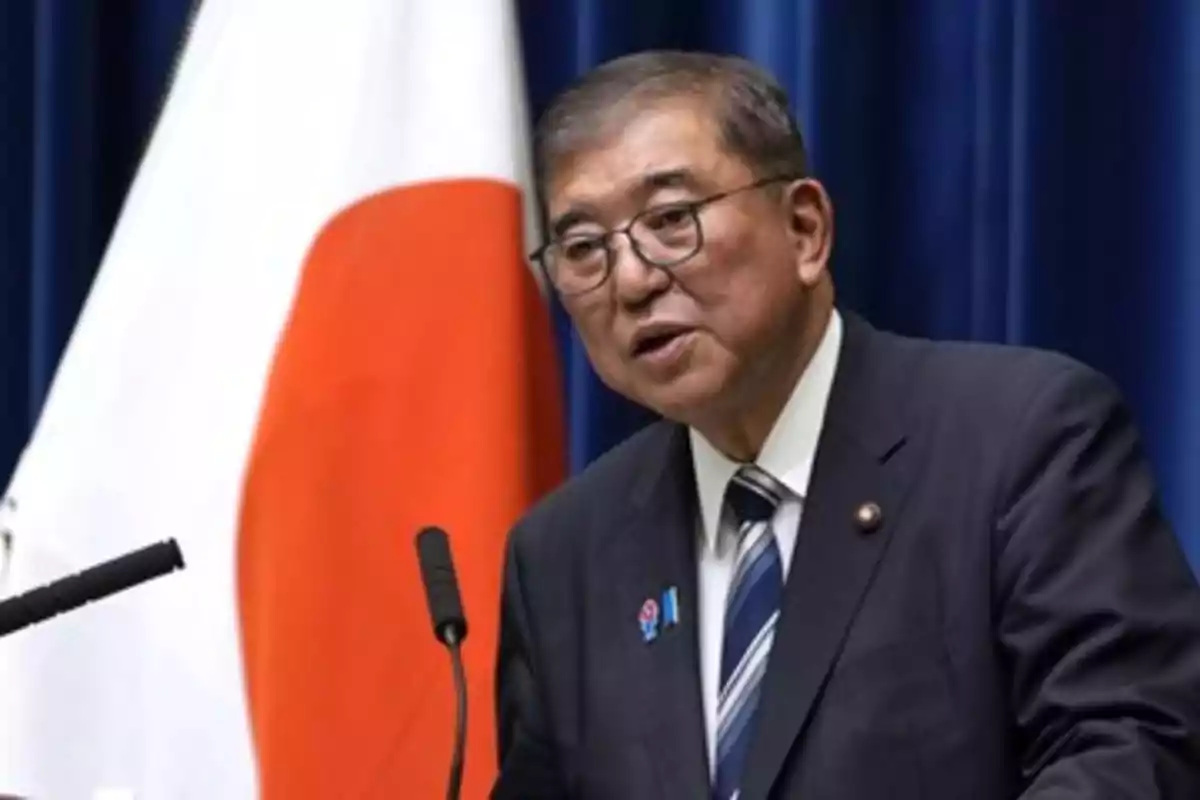
Centrist Japanese Prime Minister Shigeru Ishiba has resigned
After having faced tumultuous results in the latest legislative elections, the prime minister decided to resign from his position
Japan's Prime Minister, Shigeru Ishiba, announced his resignation on Sunday, marking the beginning of a period of political and economic uncertainty in the world's fourth-largest economy.
The decision comes after a series of electoral defeats suffered by his ruling coalition and amid economic tensions caused by the effect of tariffs imposed by U.S. President Donald Trump.
Ishiba, 68 years old, took office less than a year earlier, after several failed attempts to lead his party, the Liberal Democratic Party (LDP), which has dominated Japanese politics since the end of World War II.
His brief term was marked by growing public dissatisfaction due to the rising cost of living, which resulted in the loss of the parliamentary majority in both chambers during his administration.
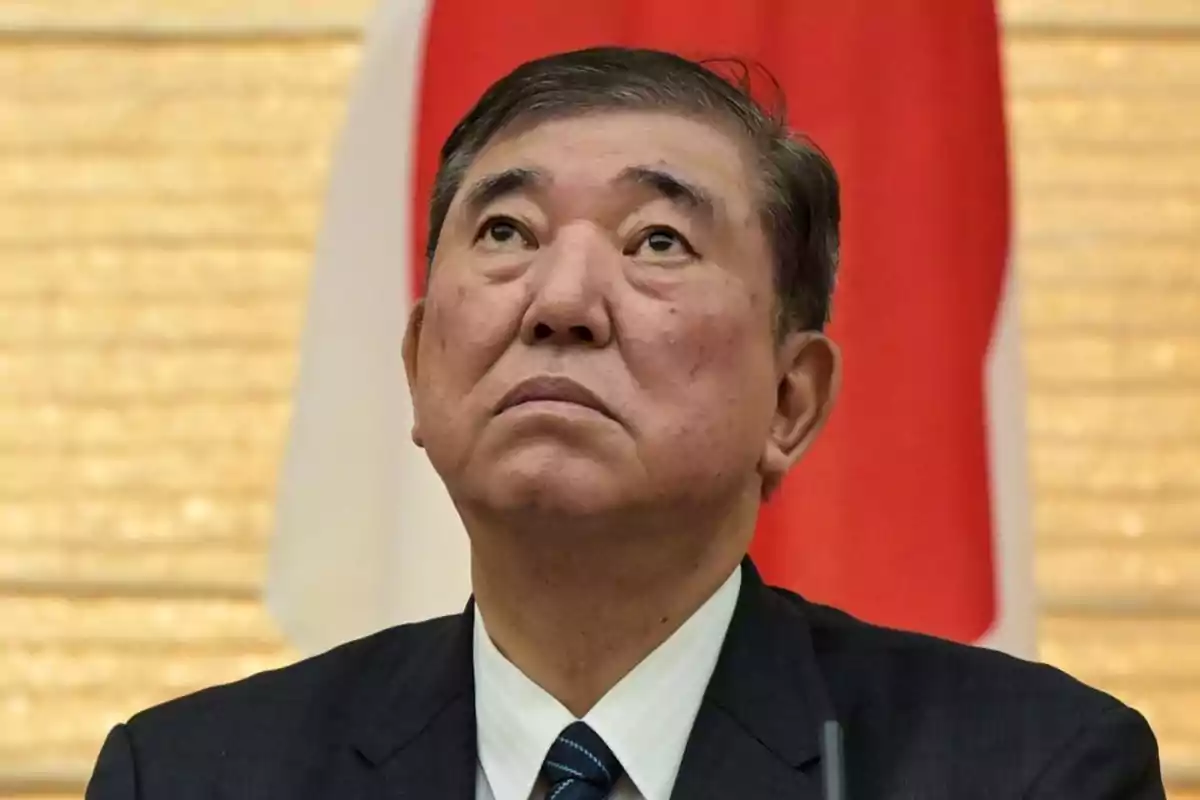
Although he initially resisted resigning, Ishiba ultimately acknowledged the political pressure and took responsibility for the electoral failures, especially after the adverse results in the Upper House elections in July.
Before announcing his resignation, Ishiba succeeded in finalizing a trade agreement with the United States, his largest trading partner, committing to investments of USD 550 billion in exchange for the reduction of U.S. tariffs, especially in the automotive sector, which is key for Japan's economy.
According to Ishiba, this agreement represented a milestone and a turning point that justified passing leadership to the next generation. Nevertheless, the negative effects of the tariffs had already weakened Japan's growth projections.
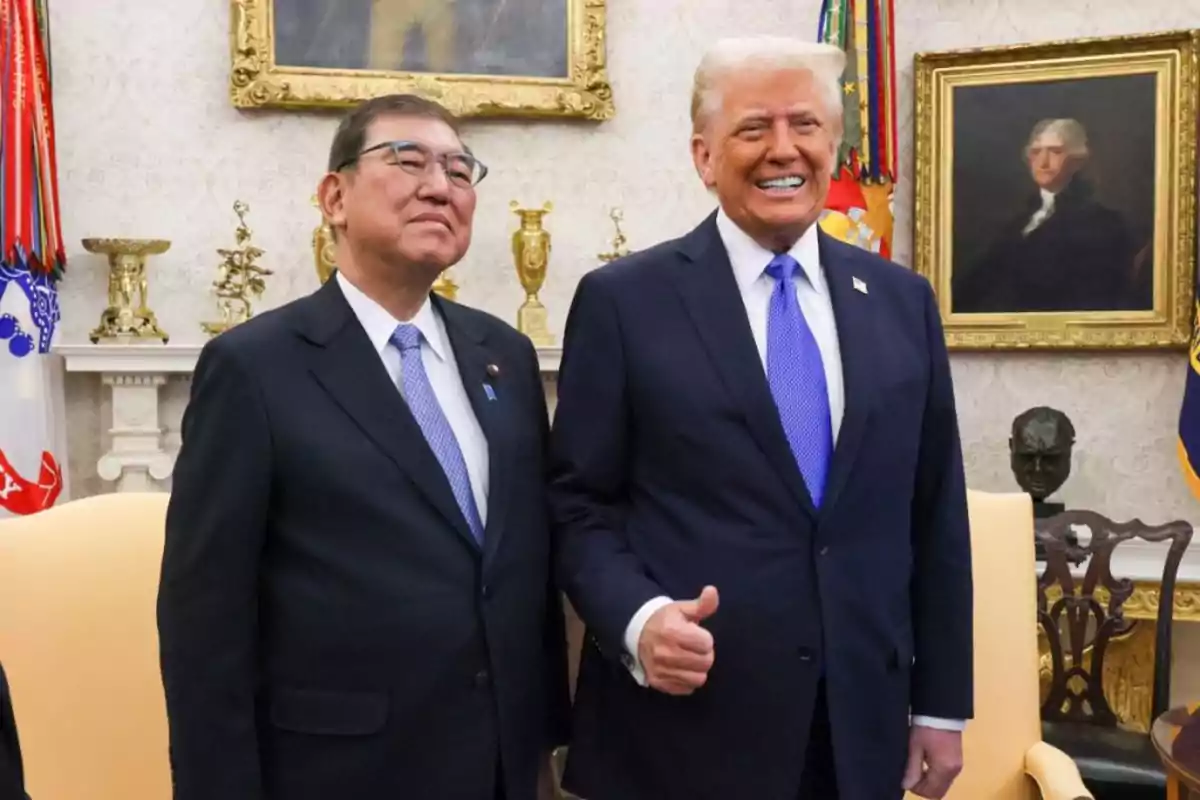
Ishiba's resignation triggered concerns in financial markets. The political uncertainty led to a massive sell-off of yen and government bonds, with the yield on the 30-year bond reaching a historic record. Analysts predict that this financial pressure could intensify, especially if the new leader chooses to call early elections.
With the call for an emergency election in the LDP, Sanae Takaichi and Shinjiro Koizumi have emerged as the main candidates to succeed Ishiba. Takaichi, a party veteran, is seen as a supporter of expansionary fiscal policy and has criticized the Bank of Japan's interest rate hikes, which could raise concerns among markets.
Meanwhile, Koizumi, current Minister of Agriculture and a media figure, has gained notoriety for his efforts to contain prices, but he is not expected to implement major changes in economic policy.
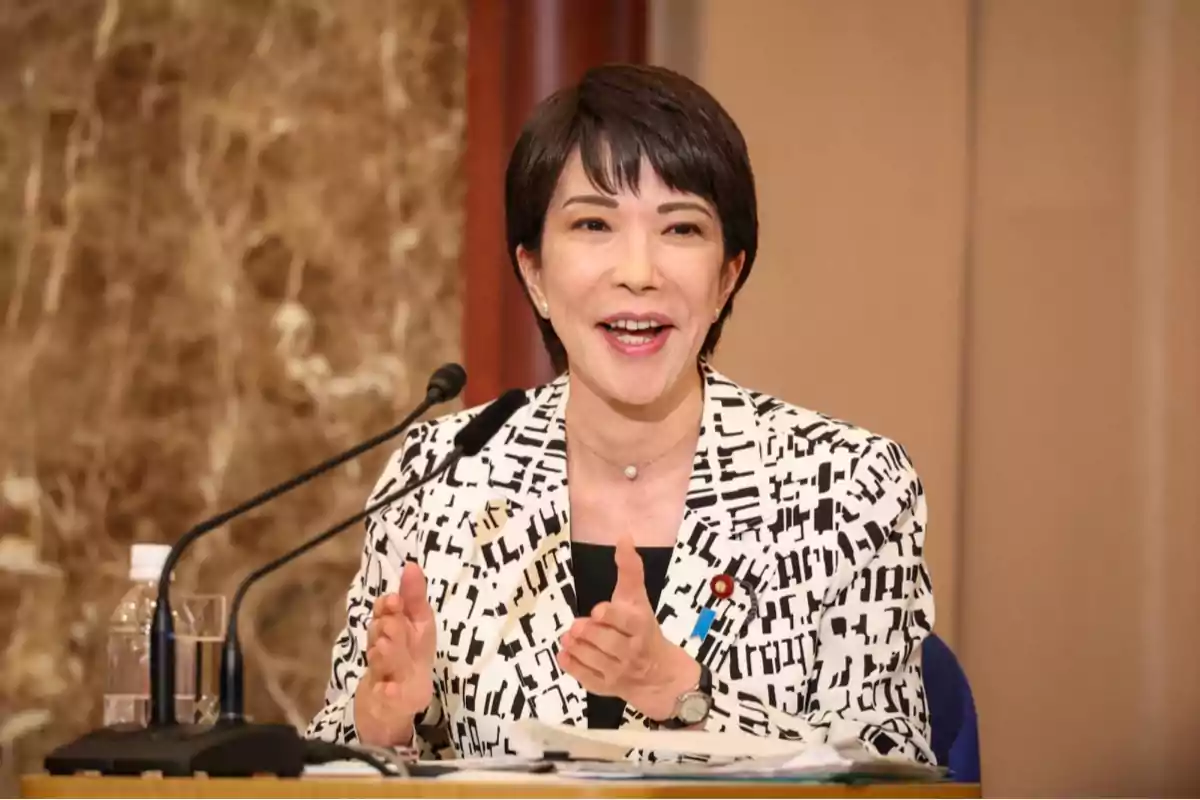
Although the LDP remains the strongest party in the Lower House, it no longer holds a majority in either chamber of parliament, which complicates the automatic appointment of its next president as prime minister.
While the new leader could seek legitimacy through an early election, a survey indicated that 55% of Japanese people do not see it as necessary to call elections now.
Meanwhile, the political opposition remains fragmented, although the rise of the right-wing Sanseito party in recent elections has brought renewed ideas to the mainstream political discourse.
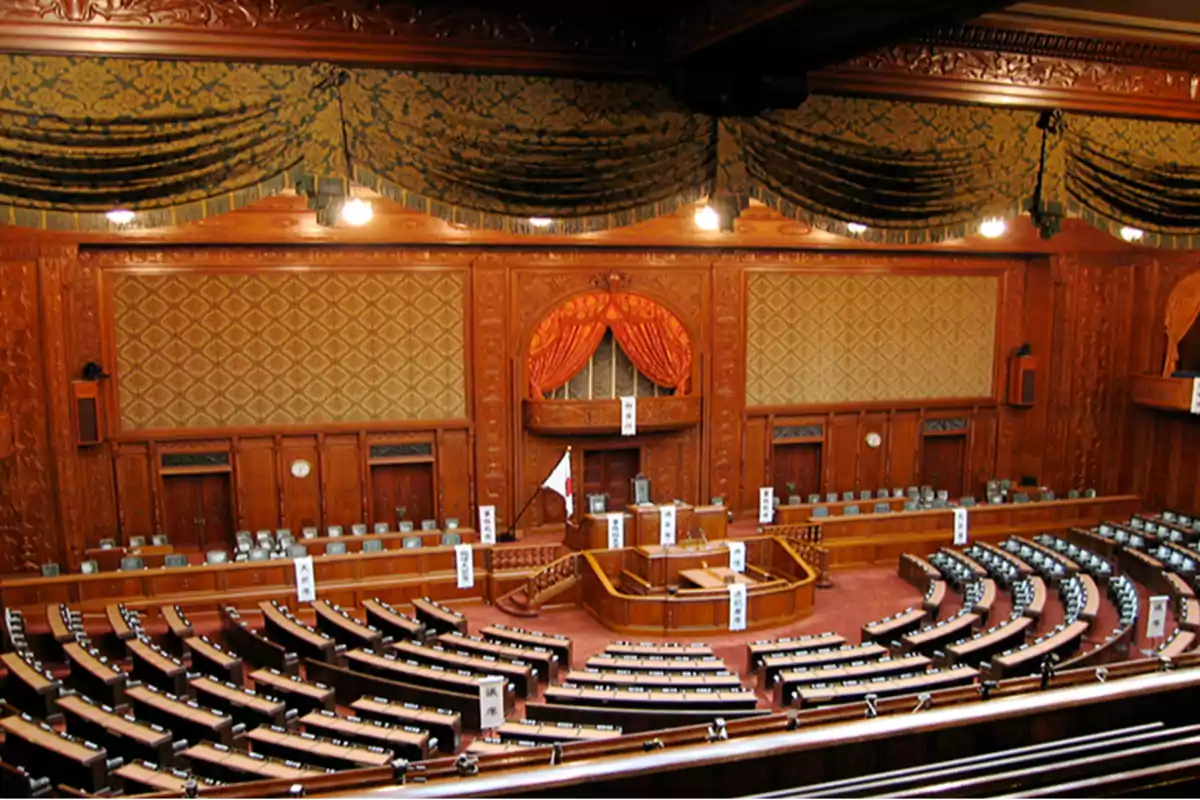
Ishiba expressed his concern about the geopolitical environment, referring to a recent meeting of the leaders of China, Russia, and North Korea in Beijing, which underscores the security challenges his successor will face.
The president of Keidanren (Japan's main business federation), Yoshinobu Tsutsui, urged the new leader to act quickly and foster party unity to address domestic and international challenges.
More posts: